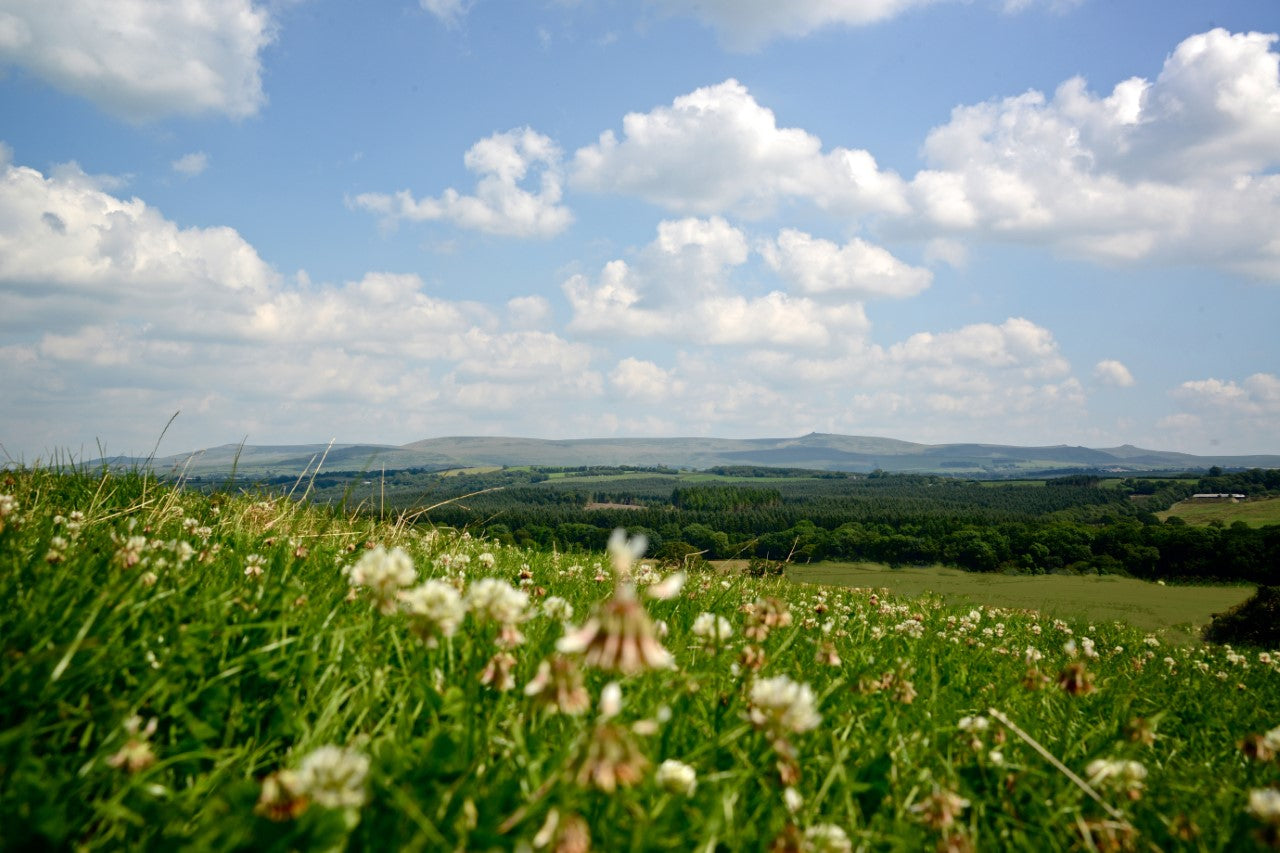Regenuary: The New Veganuary
As we find ourselves negotiating the beginnings of a fresh year, everywhere you look you are presented with the opportunity to embark on every conceivable diet plan. We delve into the Regenuary movement and consider the facets that make it the perfect accompaniment to a sustainable lifestyle.
Regenuary is the commitment to sourcing as much as possible from regenerative agriculture, regardless of your dietary demands. Having been established in 2020 to prove that meat consumption can indeed be a sustainable dietary choice, the concept of choosing a regenerative diet is certainly gaining traction.
Regen Vs Vegan
Many will look at trying a plant-based diet, with the ‘Veganuary’ movement having grown particularly pertinent in the last few years. An official survey found that over 500,000 undertook the month-long diet in 2021, with numbers expected to have risen further in 2022. Despite the uptake, the nature of the food system means that it is tough to make it as sustainable as it promises to be. As a basic rule, a sustainable diet will involve eating seasonal foods that have been locally and responsibly sourced.
The wet and dingy nature of January makes it one of the least bountiful months for seasonal fruit and vegetable growth in the UK. Therefore, to supplement and attempt to add variety and sufficient nutrition to a vegan diet, a tremendous amount of food is imported from overseas, dramatically escalating air miles and resulting in the carbon footprint of the diet soaring.

Further issues arise, with negative impacts on local food security in producer countries, extreme energy usage and deforestation all associated with the production of imported meat alternatives. It is important to point out that many of these foods, such as avocado, are consumed by both meat-eaters and vegans, thus the blame should undoubtedly not fall solely on the shoulders of the latter. If, after reading on, you choose to give Veganuary a go, our advice is to refrain from slipping into the convenient world of ready meals and highly processed meatless meat alternatives as these products can result in negative health effects for both yourself and the environment.
We love Regenuary as it links a few of our favourite things, namely grazing livestock, soil quality and support for local, seasonal produce. It buries the inaccuracy that all animals are detrimental to the land and consequently the environment. In fact, farmed under adequate circumstances, animals can make telling contributions to the quality of soil, allowing other elements of the environment to shine. The grazing herbivore is an influential cog in the regenerative system, helping to lock more carbon into the soil than the animal itself releases. Regenuary prompts the all-important consideration, where does my food come from?
Where We Come In
Our organic farm in the heart of Devon, as well as those of our local suppliers, practice a number of regenerative farming techniques. For instance, we plant organic cover crops that attract and sequester carbon from the atmosphere for storage in the roots. We also insert plugs into the soil in a process known as core aeration, helping saturate the roots with oxygen and increase water infiltration. Our livestock are rotationally grazed, moving to different areas of fields to allow our soil to rest and recuperate. These practices are consolidated by our closed-loop sustainability system which ensures we continue to strive towards a fully sustainable operation.

The organic nature of our soil also makes a huge difference in our regenerative efforts. In fact, for every per cent increase in organic matter in the soil, an extra 20,000 litres of rain can be stored, safeguarding against both crop drought and flooding. The same can be said for the amount of carbon our organic soil can store, which is in fact 25% more than conventional soils. Just a couple more reasons to prioritise organic, regenerative food.
So, it turns out if you’re passionate about sustainability and want to make a real difference whilst still eating your favourite products, then we think Regenuary is for you. Make sure you visit our online store, farm shops and restaurants for the tastiest organic goods to fuel your resolution. Once you taste what we have to offer, we’re sure you’ll be looking to make it a permanent fixture!
Keep an eye on our social media channels and Newsbeet blog throughout the month for tips, tricks and ideas on how you can make your Regenuary a delicious one.









